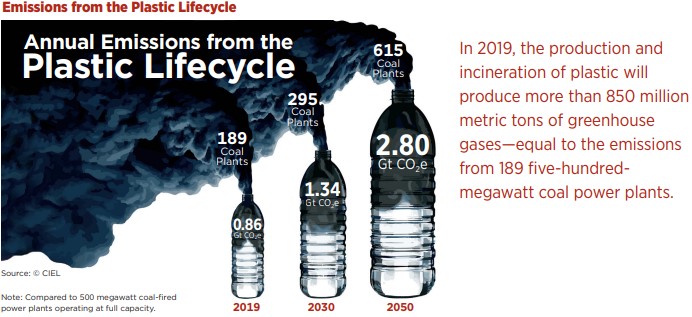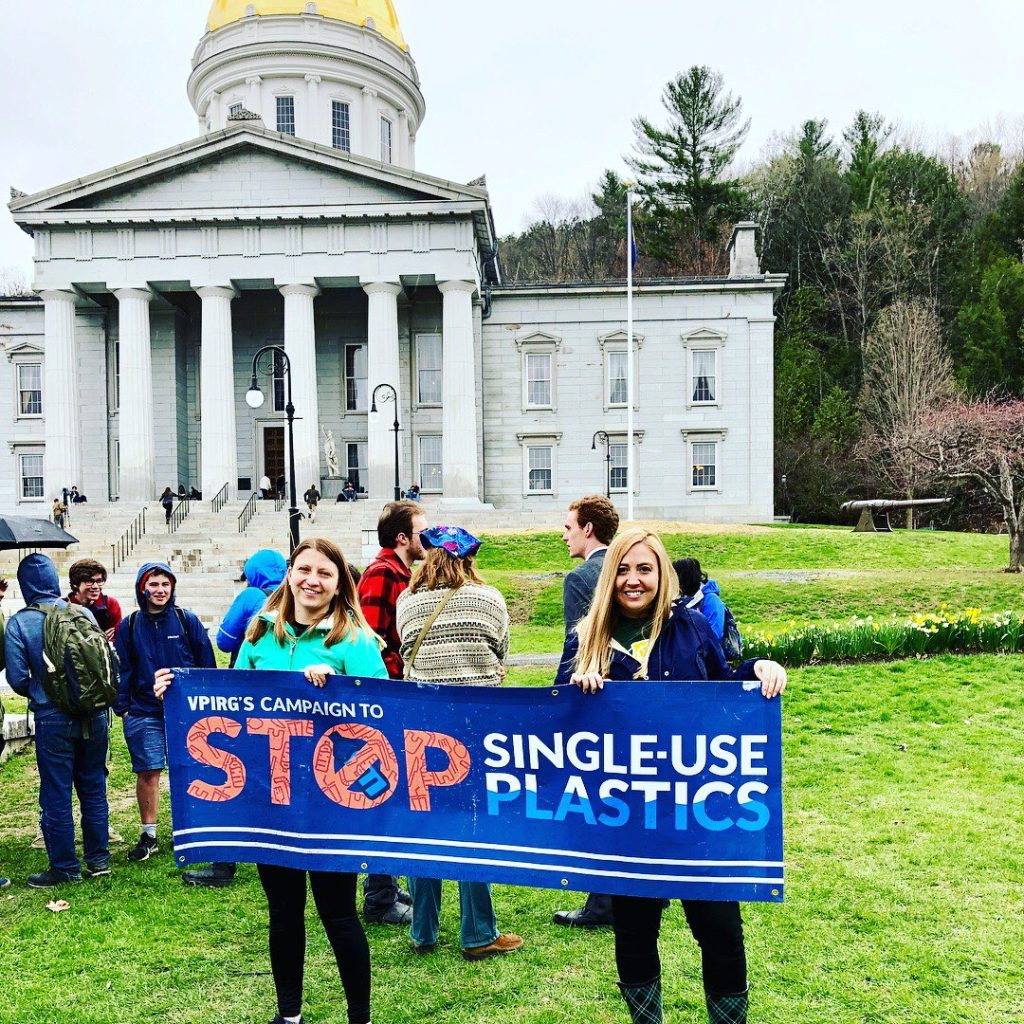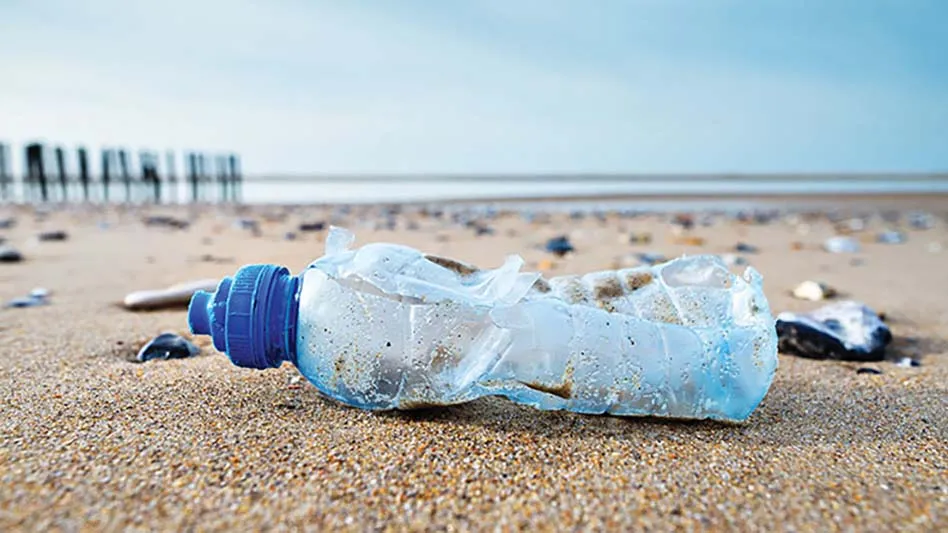Each year global organizer earthday.org selects a theme for Earth Day and develops a set of goals related to that theme, to help people across the world achieve meaningful change. This year, the theme is ‘Planet vs. Plastics’, with an overall goal of reducing plastic production 60% by 2040. They’ve outlined the ways to achieve that goal as:
- raising awareness on the health risk of plastics,
- rapidly phasing out all single-use plastics,
- pushing for a strong UN Treaty on Plastic Pollution, and
- demanding an end to fast fashion (if it’s fast and cheap, it’s probably plastic!)
Achieving a 60% reduction in plastic production by 2040 may seem drastic, but consider the amount of new plastic we’re putting into the world each year, and this target seems more urgent than ever in tackling the plastics crisis. More plastic has been produced over the last 10 years than in the last 100 years combined. Worldwide, we’re currently producing 400 million tons per year (nearly the equivalent weight of the 8 billion people on Earth!), half of which is for single-use items. Sadly, less than 10% ends up getting recycled, and instead continues to grow and persist in landfills and the environment.
Plastics and Climate Change

Most of us are aware of the plastic pollution crisis we’re facing, but something that is often overlooked is the fact that plastic production is one of the key drivers of climate change. 99% of plastics are made from fossil fuels and produce GHG emissions at every stage of the plastic lifecycle. Emissions from plastics are predicted to rise to 2.8 gigatons of CO2 per year by 2050, if we continue on our current production and disposal trajectory.
There’s no shortage of dire issues surrounding the plastics crisis (health risks to adult humans, health risks to baby humans, health risks to our non-human counterparts, environmental devastation, ocean deoxygenation, inundated landfills, microplastic nightmares AHHHH!!!!!), but most of you are well aware of these issues, and we’d like to turn our attention now to what we’ve done and what we can continue to do to combat these issues.
Global Change
The plastics crisis can create feelings of dread and anxiety in many of us, but it’s important to remember that as hopeless as it seems, there is real progress being made in the world. Major businesses and recycling industries are investing billions of dollars in advanced recycling facilities and technologies. Governments across the globe are enacting and enforcing strong policies and regenerative strategies that focus on remediation and prevention. And groups like The Ocean Cleanup are actively removing floating plastic from our precious oceans.
Nature is also providing solutions for us. There’s still a lot of research to be done, but certain kinds of mushrooms are proving capable of breaking down certain plastics and absorbing their toxic chemicals. Mushroom mycelium can even be used to make plastic alternatives! Learn more about our mushroom comrades here.

Local Change
At Baseline, we’re constantly advocating for solar energy in order to reduce GHG emissions into the atmosphere. We also recognize the importance of advocating for alternative and reusable materials to reduce pollution and emissions from plastics. Baseline’s very own Meg Root has spent the better part of her career fighting plastics, from helping to pass a single-use plastics ban in Vermont, to educating the public about the plastic bag tax recently enacted in Roanoke.
What can YOU do?
This Earth Day we want to remind you that though the task seems daunting, there are plenty of small changes we make to help fix this problem:
- Stop buying and drinking bottled water (or bottled anything, really!)
- In restaurants, preemptively tell your server you don’t need a straw with your drink, and bring your own Pyrex for boxing up whatever you don’t eat.
- Look for zero waste / zero plastic / refillable consumer goods from local stores like Eats, online retailers like EcoRoots, or even Lynchburg’s Rivermont Refillery the next time you’re in the area.
- Participate in the Plastic Detox Challenge!
- And of course, don’t forget your reusable shopping bags! For your best chance of success, leave them in your car. Also, consider writing your lawmakers, asking them to join the growing list of states that have passed plastic bag bans!
For more information about Earth Day and how to get involved, please visit https://www.earthday.org/

